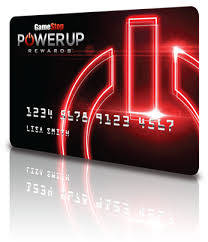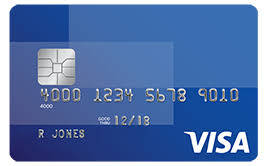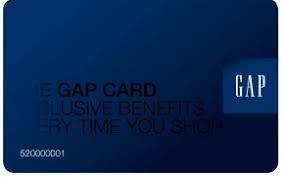Store Credit Cards – Understanding the Basics
A store credit card is a card offered by various departmental stores, home improvement stores, and chain stores to make all your purchases at a discounted price. Every store card has an additional discount offer on its purchases and may vary from store to store. These stores collaborate with various credit card issuers to have their names and get involved in an important marketing technique known as co-branding. Some of the major brands offering store credit cards are Costco, Amazon, Target, Walmart, Lowe’s, Saks Fifth Avenue, and Victoria’s Secret.
Types of Store Credit Cards
Store credit cards are of the following types:
- Private Label Cards: These are the cards offered by a specific merchant for use only at issuing retailer.
- Co-Branded Cards: These are the cards offered in collaboration with banks or other financial brands like MasterCard, Visa, and American Express. However, the card comprises the name of the co-branded retailer but is available for use at various retail outlets.
Working of a Store Credit Card
Store credit cards have a similar line of functioning as a traditional credit card. You make purchases in a specific store using the respective card with an additional percentage of discounts and then make the payment every month on the predefined date. If in case you are not able to make the full payment, you can make a partial payment and choose to carry forward a balance amount. In the latter scenario, you are required to pay a minimum amount based upon the billing. However, the interest that you spend here is relatively higher than you pay for a standard or traditional card.
These cards come with a complete spectrum of rewards and benefits while helping customers finance their purchases and simultaneously increase own sales of the stores. You can apply for the same in a specific store or through the online medium.
Advantages of Store Credit Cards
Most of the store credit cards offer an additional 10% discount on all your purchase. However, do understand that this discount percent is a portion of the interest that you pay for funding your purchases. Usually, these come with 20% interest rate from where the 10% discount is extracted, and the store and the bank are still into the profit business. Despite there are various advantages of these cards if used wisely:
- It helps build an impressive credit history. If you own a private label retail card, then you have succeeded in making an easy entry to the credit card market and are on the verge of building your credit. On the other hand, if you own a co-branded card, you are easily able to establish credit based on the linkages created between your purchases and payments.
- Store credit cards offer impressive sign-up bonuses, financing offers, free alterations, bonus coupons, and accelerated rewards with the co-branded store or merchant.
- Get easy access to various credit cards, both retail and standard cards.
Disadvantages of Store Credit Cards
If you pay off the purchases on time every month, there are ample of benefits to extort from these cards. However, if you do not use it wisely and keep on increasing your debts by carrying forward the balance, there are certain disadvantages:
- You tend to spend on more items than actually required, landing up into unnecessary purchases.
- These cards are restrictively used at the specific merchant who sponsors the card. Only in case of co-branded cards, you can make purchases using the specific card at various outlets.
- These have a higher interest rate with an average APR of 24.99%.
- There are limited options when it comes to the redemption of the reward points.
- The credit limit is comparatively very low than a traditional credit card.









